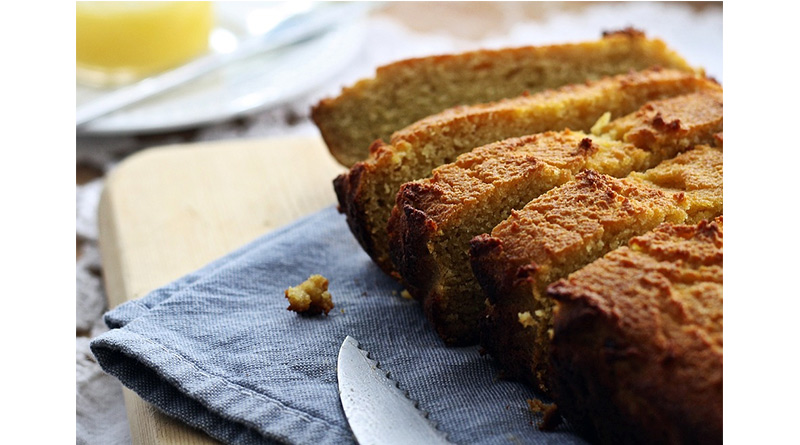Coeliac UK Poll Highlights Concerns When Eating Out Post Lockdown

In a recent poll by Coeliac UK, the national charity for people with coeliac disease and those who need to live without gluten, over a third (36%) of people responding, said their biggest concern when eating at a friend or family’s house post lockdown, was about being an inconvenience1.
Nearly half (48%) were most worried about being accidentally ‘glutened’. A term used by people diagnosed with coeliac disease when they eat food that contains, or is cross-contaminated with, gluten; a protein found in wheat, barley or rye.
In another poll2 nearly 60% of people said they were less confident – compared to before the pandemic – in finding gluten free venues post lockdown.
Coeliac UK, aims to #ShineALightOnCoeliac in a campaign running from 10-16 May 2021. The campaign is focussing on the needs of children and young people, by providing resources, tips, recipes and advice for people when they are eating away from home, which can be shared with those catering for them, and in addition the charity has launched a fundraising challenge to raise £50,000 to support children with coeliac disease in the future.
Hilary Croft, Coeliac UK CEO said: “Trusting other people to provide gluten free food can cause major feelings of anxiety and lead to people avoiding social events. The last thing anyone, let alone a young person needs now is more isolation. So we are aiming to shine a light on coeliac disease to make life better for everyone who needs to live gluten free.”
Coeliac disease is not an allergy or an intolerance but an autoimmune disease where the body’s immune system damages the lining of the gut when gluten is eaten. There is no cure and no medication; the only treatment is a strict gluten free diet. People diagnosed with coeliac disease must maintain a strict gluten free diet for the rest of their lives to reduce the risk of very serious complications such as osteoporosis, infertility and although rare, small bowel cancer.
“As more people venture back out to eat at their favourite restaurants, the poll results show a worrying majority who are now less confident about finding venues that offer safe gluten free food. Before the pandemic, social distancing and lockdowns there were venues across the UK, accredited by Coeliac UK, serving safe gluten free menu options. However, as we know the hospitality industry has been severely impacted by the pandemic, and we have unfortunately seen closures and suspensions of gluten free menus as the sector tried to survive and weather the storm.”
“As lockdown eases, we are strongly supporting our accredited partners to help them continue to provide safe gluten free options. Over the coming weeks and months, we are preparing to shine a light on places you can visit again, confident in the knowledge of their commitment. And in the meantime, to assist the community when eating out, we have produced a handy pocket checklist of things to ask venues both before and when you visit them,” continued Ms Croft.
